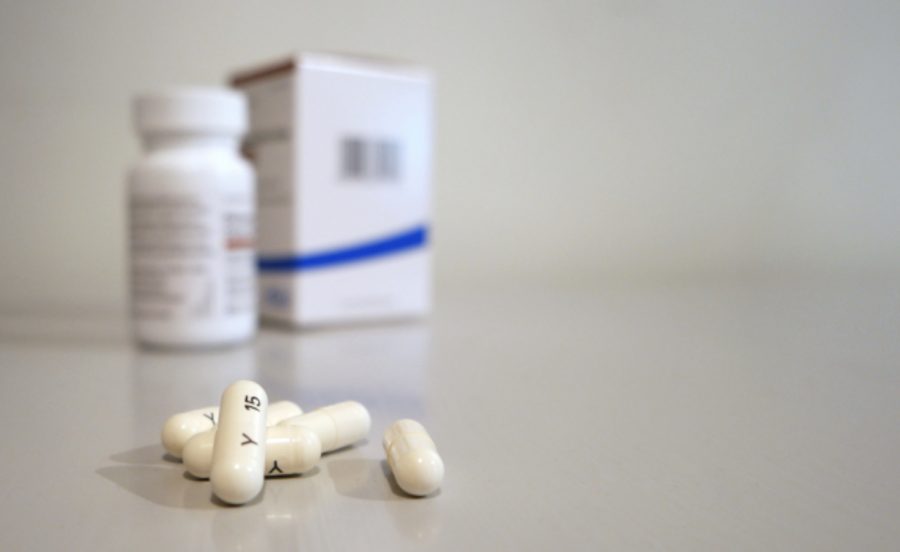Effect of Pill Policy on Females
My first day as a junior started off in excitement but quickly came to a halt. Third period rolled around and I walked down the halls in a rush to arrive at the class I had anticipated all summer, American Studies. After the bell rang, my excitement was suddenly replaced with nausea and heat flashes. The teacher’s voice was drowned out and the pain of my cramps overrode my focus. I raised my hand to go to the nurse. I stumbled down the hallway as it turned into a maze, twisting and turning along with my stomach. After aimlessly wandering down the hall, I finally made it to the nurses only to discover that she could not help because I had to provide her with my own medicine in advance.
Rewind to the moment where my symptoms took a turn for the worse. I could’ve reached down into my backpack, taken some ibuprofen, and avoided the chain reaction that made me miss the first day of my junior year.
With the new metal detector screening policy and backpack searches that will be taking place, female students may be worried about the medicine they’re carrying in their backpacks to ease menstrual pain. According to Principal George King, if prescription medication that belongs to the student is found in their possession, there will be no serious penalty, but the medication will have to stay with the nurse until a student needs it.
The ability to have a pain reliever on hand is more convenient, especially for women during their cycles, than walking across a six-building campus to get medicine for severe symptoms like cramps, nausea and body aches.
While nausea is dangerous, having medication that is not prescribed to the student could cause worse issues.
According to the PISD medicine policy, any prescription or over-the-counter medications must be kept in the nurse’s office with a permission slip from the parents. Nurse Jill Halvorson says this is a policy put in place to keep students safe from others who might not have the same intentions as just taking them for period cramps or headaches. The policy also exists to ensure that whoever is taking the prescription owns it and is supposed to take it. If the medication becomes lost and another student takes it, it puts other students at risk of taking a dosage that may be more than they need. These rules are also established to keep students safe by regulating the dosages the students consume. The likelihood of a student abusing a pain reliever like ibuprofen (medication females students are likely to use on their cycle) is not high, according to the addiction recovery organization, Addiction Hope. The medicine does not change brain chemistry toward addictive behavior, but dependency on the medication can be developed to manage pain, creating addictive behavior.
Allowing female students to carry medication for their menstrual cycle will keep them safe from symptoms and from enduring pain throughout the school day without interfering with their education. Females should have the same opportunity to receive an equal education as their males counterparts. Biology shouldn’t be a reason for females to miss school, but that’s how it is for a majority of girls. Many girls in third world countries cannot even attend school because of their periods. The United States has better tools to help girls endure their pain and girls should be allowed to utilize those tools to keep their pain manageable.











